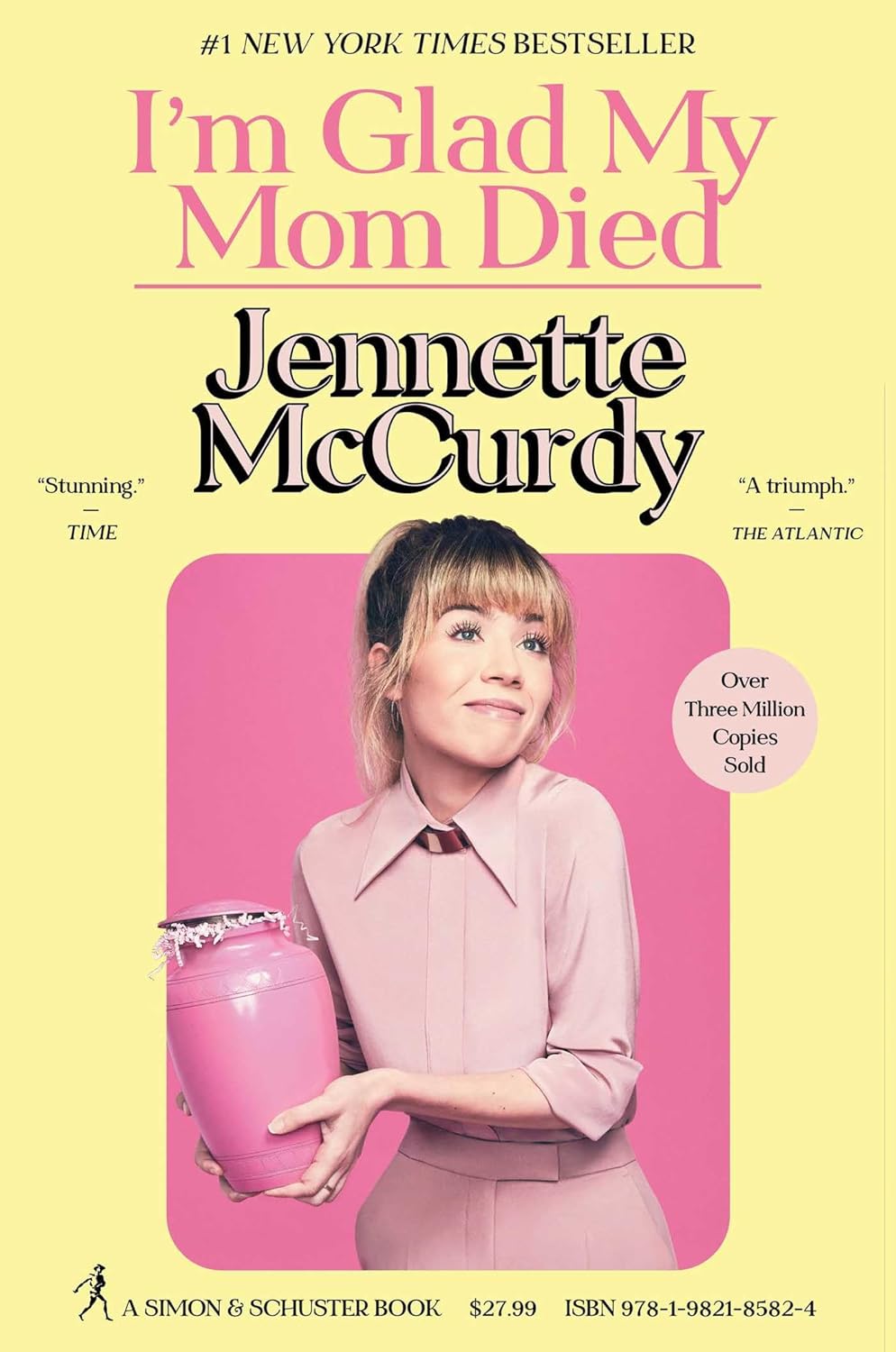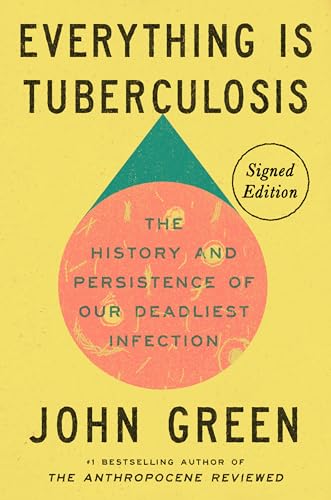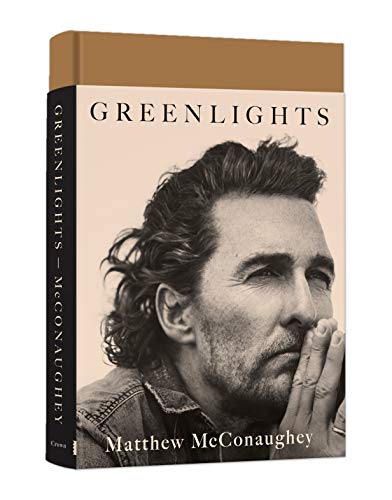Review of I’m Glad My Mom Died by Jennette McCurdy
by Johny McFliggen, PhD Literature & Business, Oxford
In a culture that demands performance not just on stage but in our pain, Jennette McCurdy has delivered something akin to a literary mutiny. I’m Glad My Mom Died is not a title engineered for shock value alone, though it performs that function efficiently enough. It is a thesis statement, a declaration of war against the myth of the perfect mother and the culture that venerates suffering children as long as they smile through it. In a publishing landscape bloated with victimhood narratives that turn trauma into digestible anecdotes, McCurdy does something altogether different. She refuses redemption. She denies catharsis. And in doing so, she tells the truth.
This memoir is not about Hollywood, though it happens to take place there. It is not even primarily about McCurdy’s time as a child star on Nickelodeon, though the details—revolting, fascinating, grotesquely banal—are all here: calorie counting administered by her mother before puberty; her refusal to drink water before auditions to avoid bloating; the disordered eating camouflaged as career discipline. Her relationship with “The Creator”—an unnamed but clearly identifiable television executive—lives somewhere between corporate predation and surrealist horror. Yet none of this is dwelled upon. McCurdy is not interested in sensationalism; she is interested in power.
Her mother, Debra, is the central figure, and she looms with such scale and specificity that the reader can almost smell the anxiety coming off her. McCurdy sketches her not as a monster but as a monument to every unchecked instinct of martyrdom and narcissism that American motherhood sanctifies. This is a woman who insists on showering her teenage daughter, who teaches her that beauty and thinness are synonymous with love, who imposes dreams under the guise of support. The abuse is not hidden. It’s documented, direct, and cruel. But more disturbing than the acts themselves is the sincerity with which they’re delivered. Debra is not a Machiavellian schemer—she believes she is a good mother. And that makes her dangerous.
McCurdy’s style is unsentimental to the point of caustic. The writing is clipped, punchy, and darkly hilarious. It carries the comedic timing of someone who survived not by transcendence, but by noticing the absurdity in every moment that should have destroyed her. What she pulls off here is rare: humor that does not trivialize, but reveals. The jokes are not armor. They are scalpels.
There’s an almost nihilistic refusal in McCurdy to deliver a bow-tied ending. Even her mother’s death does not unlock some mythic healing. There is no grave-side forgiveness, no final whispered thank you. There is only the slow, unglamorous work of disentangling a self from a performance. She documents recovery with the same brutal honesty she documents abuse: therapy that doesn’t always help, relationships that falter, the echoing voice of her mother in her mind even years after her death. The book’s climax is not a moment, but a revelation: that grief can be liberating, and that some people do not deserve a second chance in your memory.
In the pantheon of modern memoirs, this book sits closest to Educated by Tara Westover, but without the grandiose prose or the eventual reconciliation. It shares a tone with Augusten Burroughs’ Running with Scissors, but without the self-satisfied chaos. It has the directness of Mary Karr but stripped of Catholic residue. I’m Glad My Mom Died is, in short, a new genre: a memoir of anti-redemption.
It is a dangerous book. Not because it corrupts or scandalizes, but because it suggests a forbidden idea: that not all mothers are good, and not all daughters are required to forgive. In a society that weaponizes guilt and repackages trauma as inspiration, McCurdy offers no uplift. What she offers is something rarer. She offers honesty.
The publishing industry will no doubt learn the wrong lesson from this book. They will chase its virality, copy its title format, and commission a hundred inferior knock-offs. But they will miss its actual power. Because the power of I’m Glad My Mom Died is not in its title, or even its trauma. It’s in the precision of its insight: that survival is not a journey upward, but a messy, sometimes petty, always unfinished refusal to let someone else write your story.
Rating: 9.3/10
Not a healing narrative. A literary act of self-exorcism. Necessary. Unforgivable. True.



